Cost of Buying & Owning a Small Yacht (Detailed Breakdown)
While some people may prioritize a slower, more eco-friendly, and more hands-on experience that they get from a sailing yacht, others may prefer a faster, more luxurious, but less hands-on experience from operating a motor yacht. However, the tiebreaker comes down to the costs of owning and maintaining them. With that, let's explore how much you'll need to buy and own either a small sailing yacht or a motor yacht, and see which one is more affordable.
A new 30-foot sailing yacht can cost anywhere from $50,000 to $200,000, while a used one in good condition can range from $20,000 to $100,000. On the other hand, a new 30-foot motor yacht can cost between $100,000 and $500,000, while a used one can range from $50,000 to $300,000.
The ongoing costs of owning a yacht include maintenance and repair costs, fuel costs, insurance, docking fees, and more. Let's take a closer look at each of these costs and how they can impact your budget.
Summary
- The initial purchase price and ongoing costs of owning a motor yacht are higher than those of a sailing yacht.
- A sailing yacht relies mostly on wind power, while motor yachts require more complex mechanical systems and need more fuel.
- Purchasing older yachts may require more maintenance and repairs.
- Additional initial expenses when purchasing a used yacht include hiring a surveyor, buying bottom paint, looking for upgrades, and purchasing safety equipment.
- Insurance costs for motor yachts are higher due to their faster speeds and increased risk of accidents.
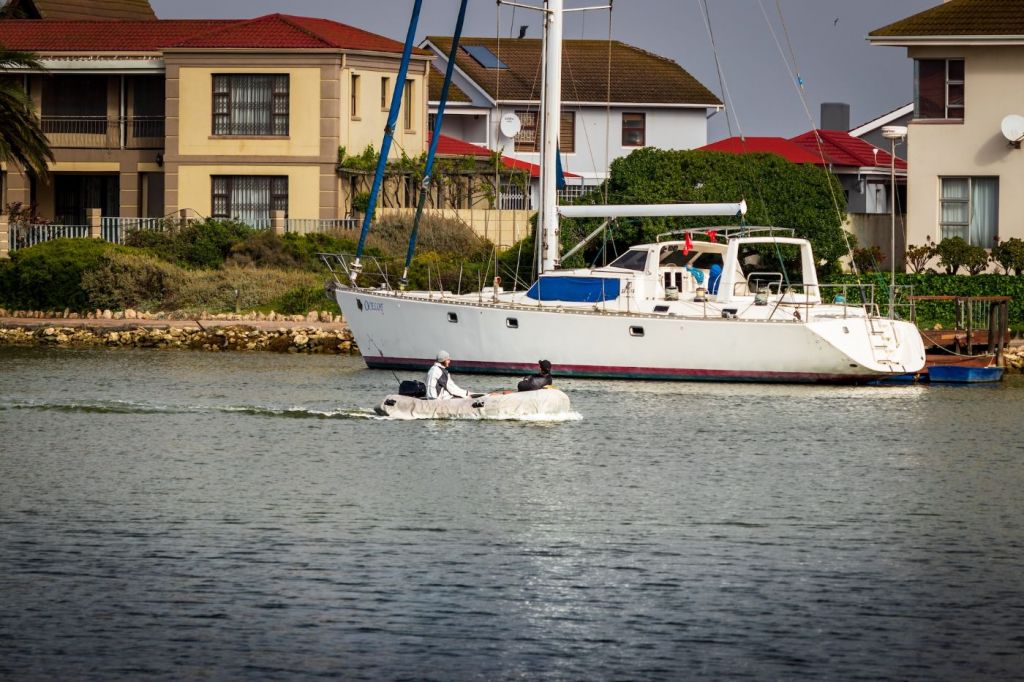
Cost of Buying And Owning A Small Yacht
| Yacht Type | Initial Expenses | Recurring Expenses |
|---|---|---|
| New 30-foot sailing yacht | $54,750 - $216,750 | $10,300 - $42,400 |
| Used 30-foot sailing yacht | $23,500 - $121,500+ | $3,200 - $20,500+ |
| New 30-foot motor yacht | $108,050 - $540,750 | $9,500 - $57,500 |
| Used 30-foot motor yacht | $55,000 - $328,500 | $12,000 - $28,000 |
1. The average cost of owning a new 30-foot sailing yacht
On average, a small brand-new sailing yacht can cost anywhere from $50,000 to $200,000 or more. This price range typically includes basic features like a cabin, galley, and bathroom, as well as a mast, sails, and rigging. However, the price may not include additional amenities like a generator, air conditioning, or advanced navigation systems.
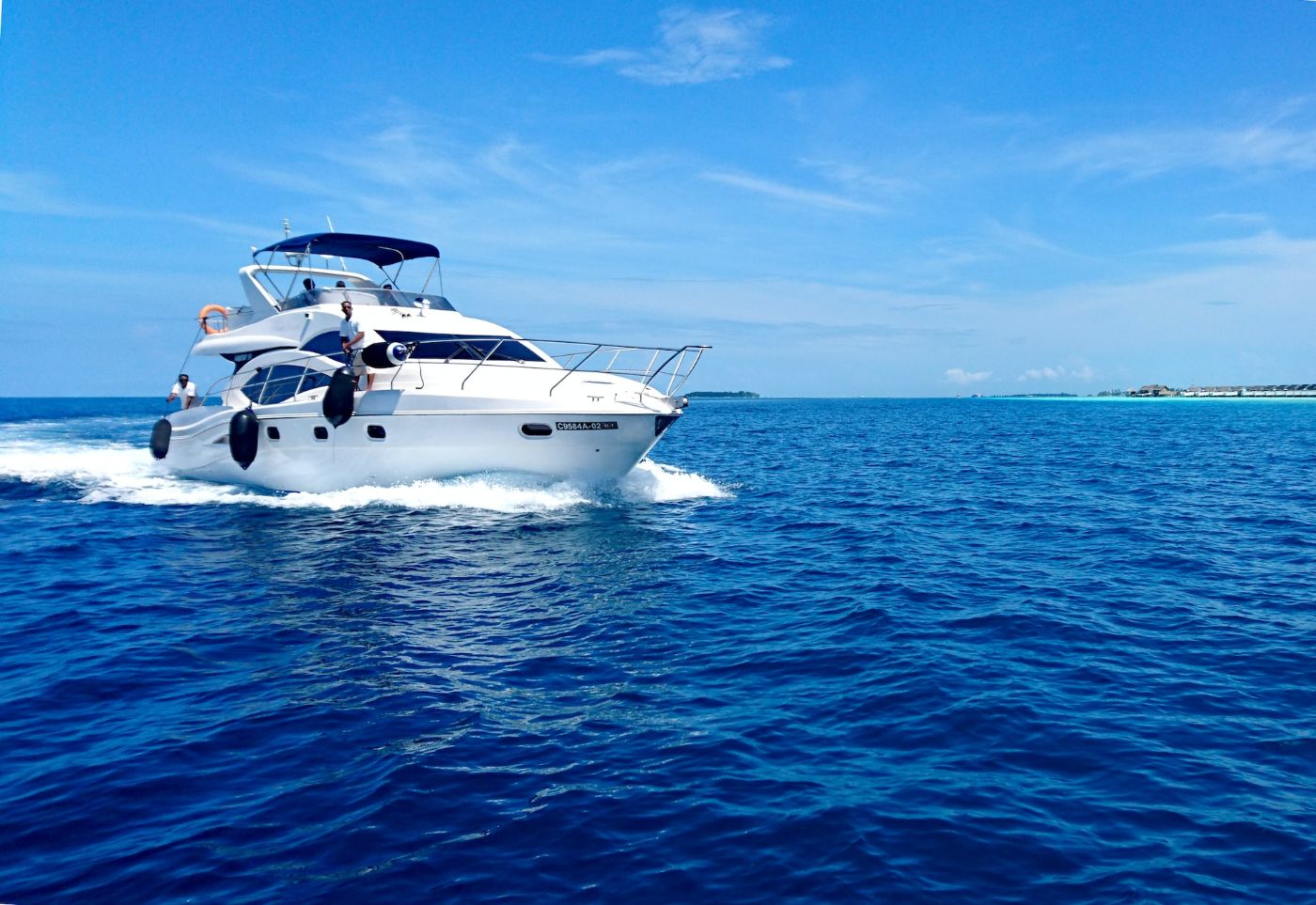
In addition to the initial purchase price, there are also ongoing costs associated with owning a sailing yacht, such as mooring fees, maintenance and repairs, insurance, and fuel costs. These expenses can add up quickly, and you may need to factor them into your budget when considering buying a sailing yacht.
One advantage of owning a sailing yacht is that it can be less expensive to operate than a power yacht, as it relies on wind power rather than fuel. However, sailing yachts also require more maintenance and upkeep, particularly for the rigging and sails.
Initial expenses for a new 30-foot sailing yacht
| Initial Expenses | Estimated Cost |
|---|---|
| Initial Purchase Price | $50,000 - $200,000 |
| Boat Registration Fee | $500 |
| Sales Tax (Assuming 8%) | $4,000 - $16,000 |
| Title Fee | $250 |
| Total Initial Expenses | $54,750 - $216,750 |
Recurring expenses for a new 30-foot sailing yacht
| Recurring Expenses | Estimated Annual Cost |
|---|---|
| Mooring | $3,600 - $18,000 |
| Insurance | $500 - $2,000 |
| Maintenance (10% of initial purchase price) | $5,000 - $20,000 |
| Fuel | $1,200 - $2,400 |
| Total Annual Costs | $10,300 - $42,400 |
2. The average cost of owning a used 30-foot sailing yacht
In general, you can expect to pay anywhere from $20,000 to $100,000 for a used 30-foot sailing yacht. This cost will typically include the purchase price of the boat itself, as well as any necessary upgrades or repairs that may be required.
Once you have purchased the boat, there are a number of ongoing costs associated with owning and maintaining it. These can include mooring or slip fees, insurance, registration and licensing fees, and regular maintenance and repairs.
Although used sailing yachts can be much more affordable than new ones, they may require more maintenance and repairs which can be costly and time-consuming. There may be hidden issues or problems with a used boat that are not immediately apparent, which can lead to unexpected expenses down the line.
Initial expenses for a used 30-foot sailing yacht
| Initial Expenses | Estimated Cost Range |
|---|---|
| Boat Purchase Price | $20,000 - $100,000 |
| Survey | $500 - $1,500 |
| Haul out and bottom paint | $1,000 - $3,000 |
| Registration and taxes | $500 - $5,000 |
| Safety equipment | $500 - $1,500 |
| Upgrades and improvements | $1,000 - $10,000+ |
| Total | $23,500 - $121,500+ |
Recurring expenses for a used 30-foot sailing yacht
| Recurring Expenses | Estimated Cost Range (per year) |
|---|---|
| Insurance | $500 - $2,000 |
| Dockage/mooring fees | $1,200 - $12,000 |
| Maintenance and repairs | $1,000 - $5,000 |
| Fuel and other operating expenses | $500 - $1,500 |
| Total | $3,200 - $20,500+ |
3. The average cost of owning a new 30-foot motor yacht
The cost of a new 30-foot motor yacht can range from around $100,000 to over $500,000, with some luxury models costing even more. Although operating a motor yacht requires less skill and experience than operating a sailing yacht, the initial purchase price and ongoing costs are higher than that of a sailing yacht.
This is because motor yachts require more complex mechanical systems, such as engines, generators, and other electrical and plumbing systems, which can be expensive to install and maintain. They also need more fuel than sailing yachts, which can result in higher ongoing costs for fuel and maintenance.
Initial expenses for a new 30-foot motor yacht
| Initial Expenses | Estimated Cost Range |
|---|---|
| Boat Purchase Price | $100,000 - $500,000 |
| Sales Tax | $7,500 - $37,500 |
| Title Fee | $50 - $250 |
| Registration | $500 - $2,500 |
| Total Initial Cost | $108,050 - $540,750 |
Recurring expenses for a new 30-foot motor yacht
| Recurring Expenses | Estimated Annual Cost Range |
|---|---|
| Mooring | $3,000 - $25,000 |
| Insurance | $1,500 - $7,500 |
| Maintenance | $2,000 - $10,000 |
| Fuel | $3,000 - $15,000 |
| Total | $9,500 - $57,500 |
4. The average cost of owning a used 30-foot motor yacht
A used 30-foot motor yacht can cost anywhere from $50,000 to $300,000 or more. However, you'll need to note that older yachts may require more maintenance and repairs, which can add to the overall cost of ownership.
It can be difficult to know how these yachts were used and maintained by their previous owner, which can lead to unexpected issues and repairs. They may also have less fuel-efficient engines, which can lead to higher fuel costs over time.
Initial expenses for a used 30-foot motor yacht
| Initial Expenses | Estimated Cost Range |
|---|---|
| Boat Purchase Price | $50,000 to $300,000 |
| Survey | $500 - $3,000 |
| Haul out and bottom paint | $1,000 - $6,000 |
| Registration and taxes | $1,500 - $7,500 |
| Safety equipment | $500 - $3,000 |
| Upgrades and improvements | $1,500 - $9,000 |
| Total | $55,000 - $328,500 |
Recurring expenses for a used 30-foot motor yacht
| Recurring Expenses | Estimated Cost Range (per year) |
|---|---|
| Insurance | $1,500 - $3,000 |
| Dockage/mooring fees | $3,000 - $10,000 |
| Maintenance and repairs | $2,500 - $5,000 |
| Fuel and other operating expenses | $5,000 - $10,000 |
| Total | $12,000 - $28,000 |
Expenses Involved In Buying and Owning A Small Yacht
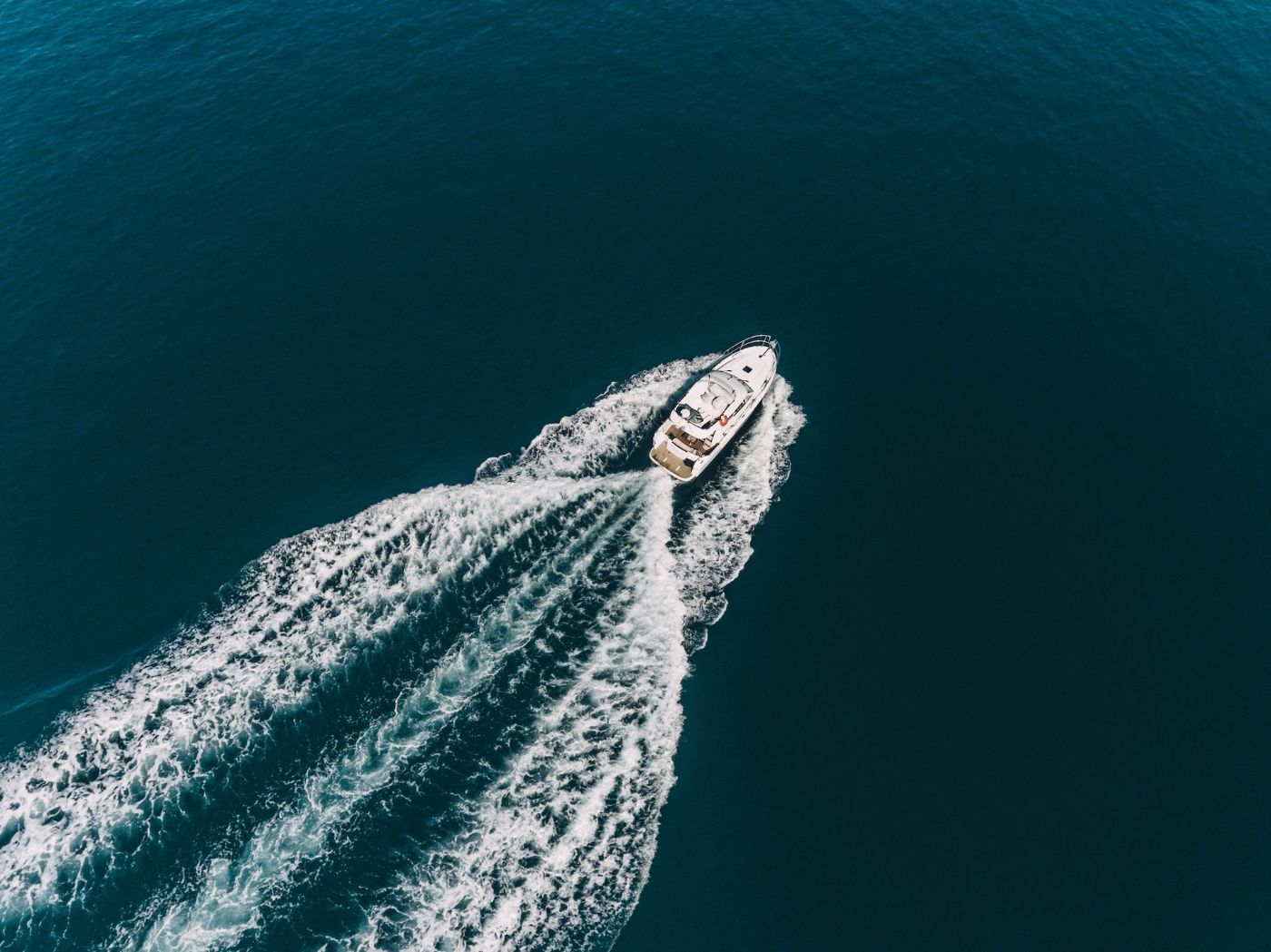
Initial expenses in buying a small yacht
Boat purchase is not cheap
The first cost you'll encounter when buying a yacht is the purchase price which can range from tens of thousands of dollars to millions of dollars. When setting a budget for your yacht purchase, try to consider not only the purchase price but also the ongoing costs of ownership.
You need to register your yacht
Before you can legally operate your small yacht, you need to register it with the relevant authorities. The registration process depends on your location and the size of your yacht. In Oregon, for example, all boats with motors must be titled and registered with the Oregon State Marine Board. The registration fee is based on the length of the vessel.
To register your yacht, you will need to provide proof of ownership, such as a bill of sale, and complete the necessary paperwork. You may also need to provide proof of insurance and pay any applicable taxes.
Factor in payment for taxes
Each state has its own tax laws, and some states may have additional taxes or fees that apply to yacht owners. In Florida, there is a 6% sales tax on boats, while in Texas, the sales tax is 6.25%. In addition to state taxes, some municipalities or counties may also charge a local sales tax.
Set aside payment for the title fee
The title fee is the cost of transferring the ownership of the yacht from the seller to the buyer. The title fee for a small yacht can range from a few hundred dollars to a few thousand dollars.
Budget for hiring a surveyor
A survey is particularly important when buying a used boat, as it can help uncover any hidden problems that may not be immediately apparent to the buyer. Used boats can have a range of issues, from minor cosmetic defects to serious structural damage, and a survey can help to identify these issues before the sale is completed.
During the survey, the marine surveyor will thoroughly inspect the boat's hull, deck, and superstructure, as well as its mechanical systems, electrical systems, and safety equipment. The surveyor will also test the boat's performance on the water, including its handling, speed, and maneuverability.
After the survey is complete, the surveyor will provide the buyer with a detailed report of their findings, including any defects or deficiencies that were identified. This report can be used by the buyer to negotiate the purchase price or to request that any necessary repairs be made before the sale is completed.
Used small yachts need upgrades and customizations
One of the joys of yacht ownership is the ability to customize your vessel to suit your needs and preferences. Some common upgrades and customizations include:
- Deck hardware: Installing new hardware such as cleats, winches, and blocks can improve the functionality of your yacht, but can also be expensive.
- Communications: Upgrading your communication systems, such as radios and satellite phones, can improve safety and convenience, but can also be costly.
- Vinyls: Adding vinyl graphics to your yacht can be a fun way to personalize your vessel, but can also be expensive.
- Anti-fouling paint:Applying anti-fouling paint to the bottom of your yacht can help prevent the growth of marine organisms, but can also be a recurring expense.
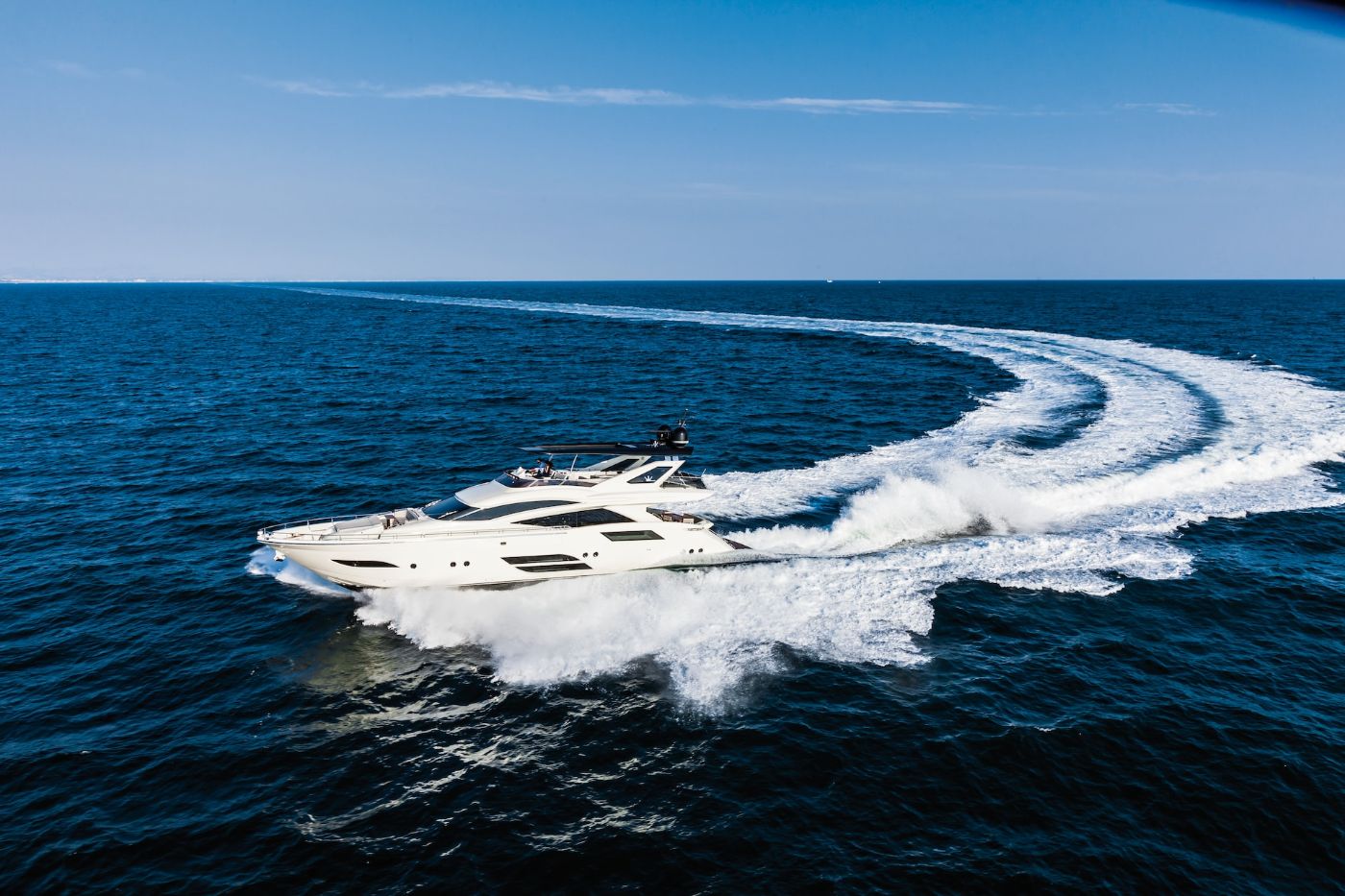
Consider the costs of buying safety equipment
Safety should always be a top priority when operating a yacht. Some essential safety equipment includes:
- Life jackets: Having enough properly fitting life jackets for all passengers is essential for safety.
- Fire extinguishers:Having properly functioning fire extinguishers on board can help prevent a disaster.
- First aid kit: Having a well-stocked first aid kit on board can help in case of injury or illness.
- Emergency signaling devices: Having emergency signaling devices such as flares or an EPIRB can help alert others in case of emergency.
For a more detailed list of the safety equipment you need for your newly purchased small yacht, here's an article you can refer to.
Recurring costs for owning a small yacht
In addition to the initial expenses, there are also ongoing costs associated with owning a yacht such as the following:
Avail an insurance policy for your yacht
Shop around for insurance agencies that specialize in yachts, as there are many clauses and catchphrases that are unfamiliar to the average insurance agent. Insurance companies that specialize in boats often provide surprising discounts for both your own skills and the equipment on your boat.
A specialized insurance policy is generally estimated at between 0.8% and 1.2% of the boat's purchase price per year. It should also cover these 10 basic things included in this article.
Sailing yachts may be more expensive to insure due to their increased risk of damage from weather and other environmental factors, while motor yachts may be more expensive due to their higher speeds and increased risk of accidents.
Keep in mind dockage and mooring fees
You can save money on docking fees by anchoring in free anchorages or finding marinas that offer discounts for long-term stays. Some marinas charge by the foot, while others charge a flat rate. You can try to research different marinas in your area to find the best deal.
In addition to the basic fee, some marinas charge extra for amenities such as electricity, water, and Wi-Fi. You may also want to consider the location of the marina since marinas in popular tourist destinations tend to be more expensive than those in less popular locations.
If you're in California, here are 7 places where you can dock your yacht at the cheapest price.
Consider costs for maintenance and repairs
Maintaining and repairing your small yacht is an important part of yacht ownership. Regular maintenance ensures that your yacht is safe to operate, and it can prevent costly repairs down the line.
Routine maintenance is the regular upkeep of your yacht, which includes things like cleaning, oil changes, and checking the engine and other systems. Consider following the manufacturer's guidelines for routine maintenance, as this will help prevent breakdowns and keep your yacht in good condition.
Now, even with regular maintenance, repairs may be necessary from time to time. Repairs can range from minor fixes like replacing a lightbulb to major repairs like fixing a damaged hull. Address repairs as soon as possible to prevent further damage.
For bottom paint, you can read this article on How Much Does it Cost to Antifoul a Boat? (Bottom Paint)
Account for fuel costs
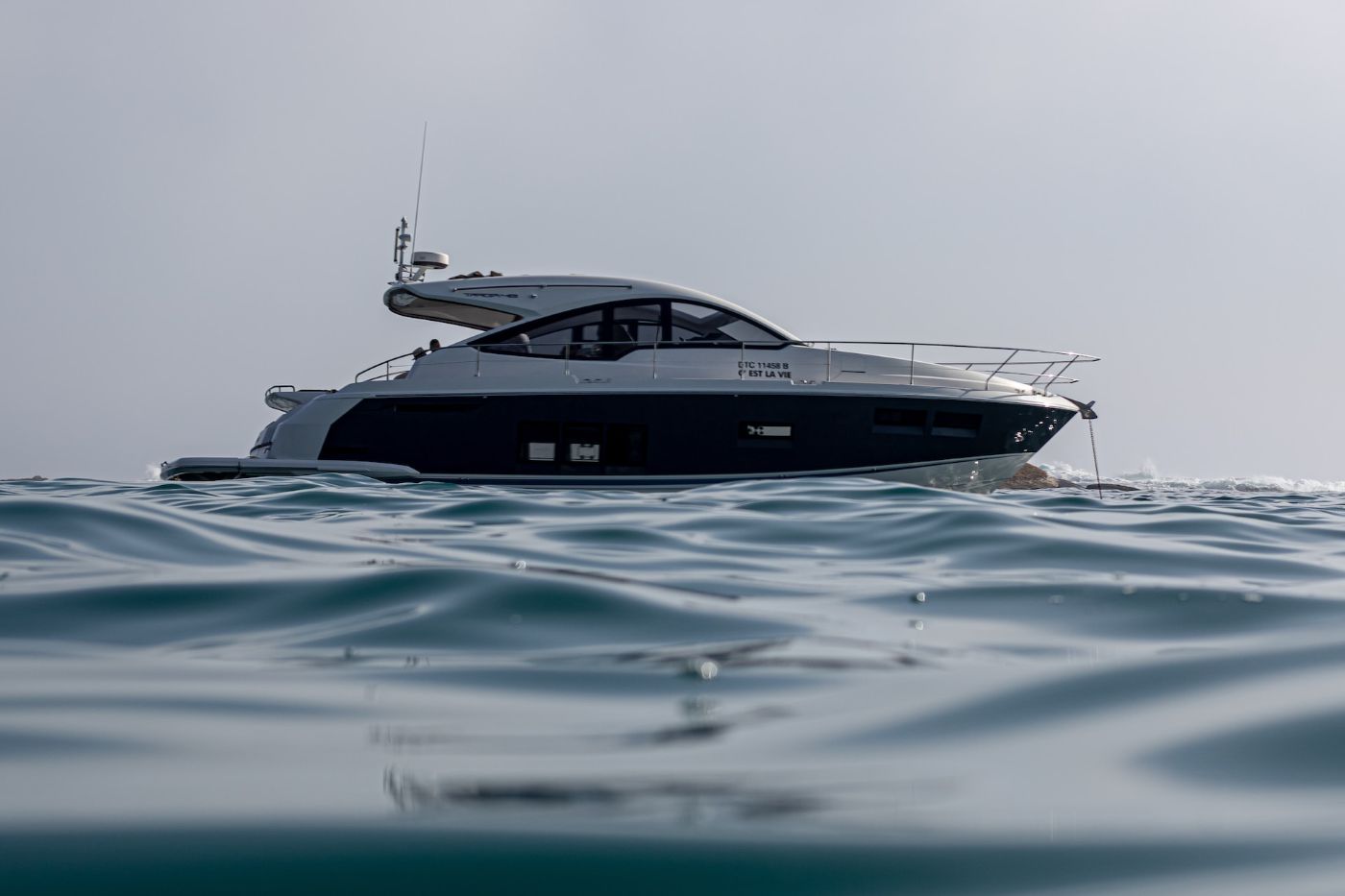
The type of yacht you own will determine the fuel you use. For example, a motor yacht will require more fuel than a sailing yacht. Fuel costs are usually calculated per gallon. You can use a yacht fuel cost calculator to estimate how much fuel you will need for your trip and the approximate cost.
You can save money on fuel costs by filling up at a marina that offers fuel at a lower price. You might also want to consider using fuel additives that can improve your yacht's fuel efficiency and reduce fuel consumption.
Did you find the answer to your specific question?
👍 1 👎 0



Leave a comment